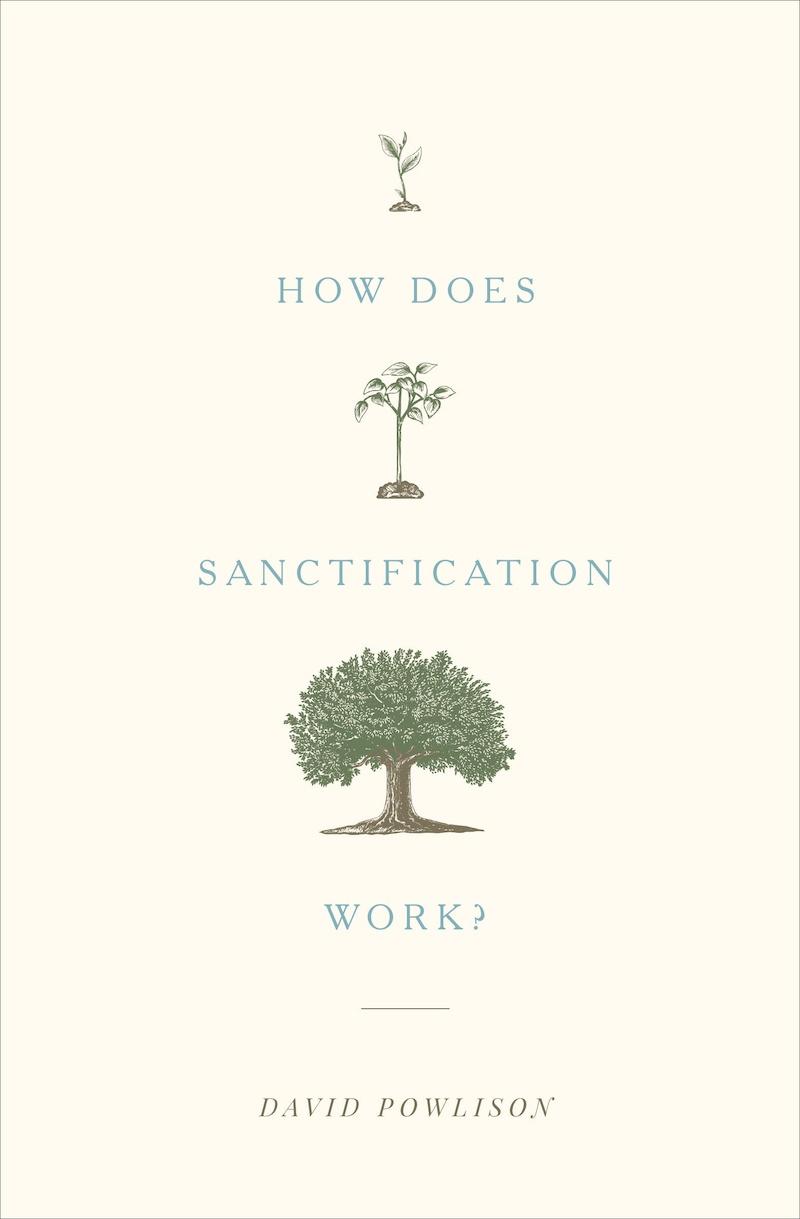We recently celebrated that oddest of American traditions, Groundhog Day. Every February 2, the nation awaits a weather prediction from “Phil,” a groundhog who makes his home in Punxsutawney, Pennsylvania. If he sees his shadow that morning, it means six more weeks of wintery weather or so the lore goes. If he doesn’t see his shadow, it predicts an early spring. This tradition was immortalized in the film Groundhog Day (1993) starring Bill Murray and Andie McDowell.
If you’re not familiar with the film, Bill Murray plays a cynical, self-important weatherman named Phil Conners. His Pittsburgh TV station sends him, along with producer Rita Hanson (Andie McDowell) and cameraman Larry (Chris Elliot), to cover the Groundhog Day festivities in Punxsutawney. Following their live report, they start to head home. But due to worsening blizzard conditions, they have to turn back and spend another night in Punxsutawney. The next morning, Phil (the weatherman, not the groundhog) awakens at 6 AM, only to find himself in a time loop—it’s February 2 all over again. In fact, he is now destined to repeat February 2 again and again. At first, he is completely disoriented. Then he realizes he can do whatever he wants without consequences so he binges on food, sex, and even crime. But sated with never-ending pleasure, he begins to despair. He commits suicide using multiple means on successive days, always awakening at 6 AM on February 2. (That’s the darker side of the movie). Eventually, he uses the endless repetition to pursue new interests (e.g. learning to play the piano) and to serve others, sometimes preventing tragedies (a child falling out of a tree, a man choking at dinner). The time trap ends, seemingly when he is content to enjoy the day as given and has developed genuine pleasure in giving himself to others.
Are you wondering what this has to do with sanctification?
As with any secular film, Groundhog Day can’t help but portray truths, however dimly, about God’s world. Romans 1:19 tells us that even fallen image bearers know something about God at their core. And this movie displays themes (albeit unwittingly) that are particularly relevant to the process of sanctification in believers. Here are a few to consider:
- The futility of self-centered living. At first, Phil is overjoyed to pursue pleasure seemingly without consequence. But is it really without consequence? Like the Teacher in Ecclesiastes, he must reckon with the ultimate emptiness of pleasurable pursuits. The only thing that really counts is “faith working through love” (Gal 5:6).
- A daily fresh start. Phil is not consigned to live out the failures of the previous day. Neither are we in Jesus Christ. Through his Spirit, he gives empowering grace for each day. His mercies are new every morning (Lam 3:22-23). Yesterday’s failures do not have to dominate today’s landscape. Over the years my daughter has consistently asked, as part of resolving our conflicts, “Can we start over?” What a picture of the gospel! Yes, of course we can start over, because of God’s unceasing love.
- You can’t script change. Growth in Christ is not formulaic. Although God has ordained means of grace such as his Word and prayer, there is no fail-safe algorithm that gets you to the finish line each day. You can’t simply replicate today’s triumphs tomorrow. When Phil tried to recreate his first magical evening with Rita, it felt forced and phony and ended in disaster. Self-directed scripts don’t work. Desperately depending on Jesus for wisdom in the midst of ever-evolving relational and situational challenges is the place where growth happens. Apart from him we can do nothing (John 15:5).
- Even small steps are consequential over time. I’m sure there are some days you feel like your pattern of growth looks like “two steps forward, three steps back.” But seek to persevere on the path of discipleship in Christ’s strength (Phil 4:13). An accumulation of Christ-directed choices, with time, leads to a “long obedience in the same direction” (a phrase by Eugene Peterson). By the end of the movie, Phil has impacted nearly everyone in Punxsutawney by the daily choices he made again and again. It is a reminder of Galatians 6:9, “And let us not grow weary of doing good, for in due season we will reap, if we do not give up.”
- Despite our best efforts, some things may not change substantially. The movie recounts the progress and triumphs of Phil on many fronts. He is no doubt a changed man—and he has changed the lives of many. But there is one dark moment in the movie that remains unresolved. Despite befriending and feeding a homeless man, Phil later finds him dead in an alley and cannot resuscitate him. Is there a parallel to our lives? There are miseries and struggles with sin that will not end until Jesus returns. We will battle with certain temptations and sin patterns until our dying day. But with the apostle Paul, we “press on toward the goal for the prize of the upward call of God in Christ Jesus” (Phil 3:14). Our gaze is fixed on Christ in us, the hope of glory (Col 1:27).
All five of these themes will likely become apparent at some point in your walk with Christ.
Despite the thematic overlaps to the Christian life, Phil Conners is on a very different journey than we who have the privilege of knowing Jesus. Phil lives out a self-salvation story. His progress is self-made, without reference to the One who empowers true love of God and others. In the end, the message of Groundhog Day can’t hold a candle to the hope that comes from being new in Christ and the life of obedience it empowers (2 Cor 5:17; Col 3:1-17).




